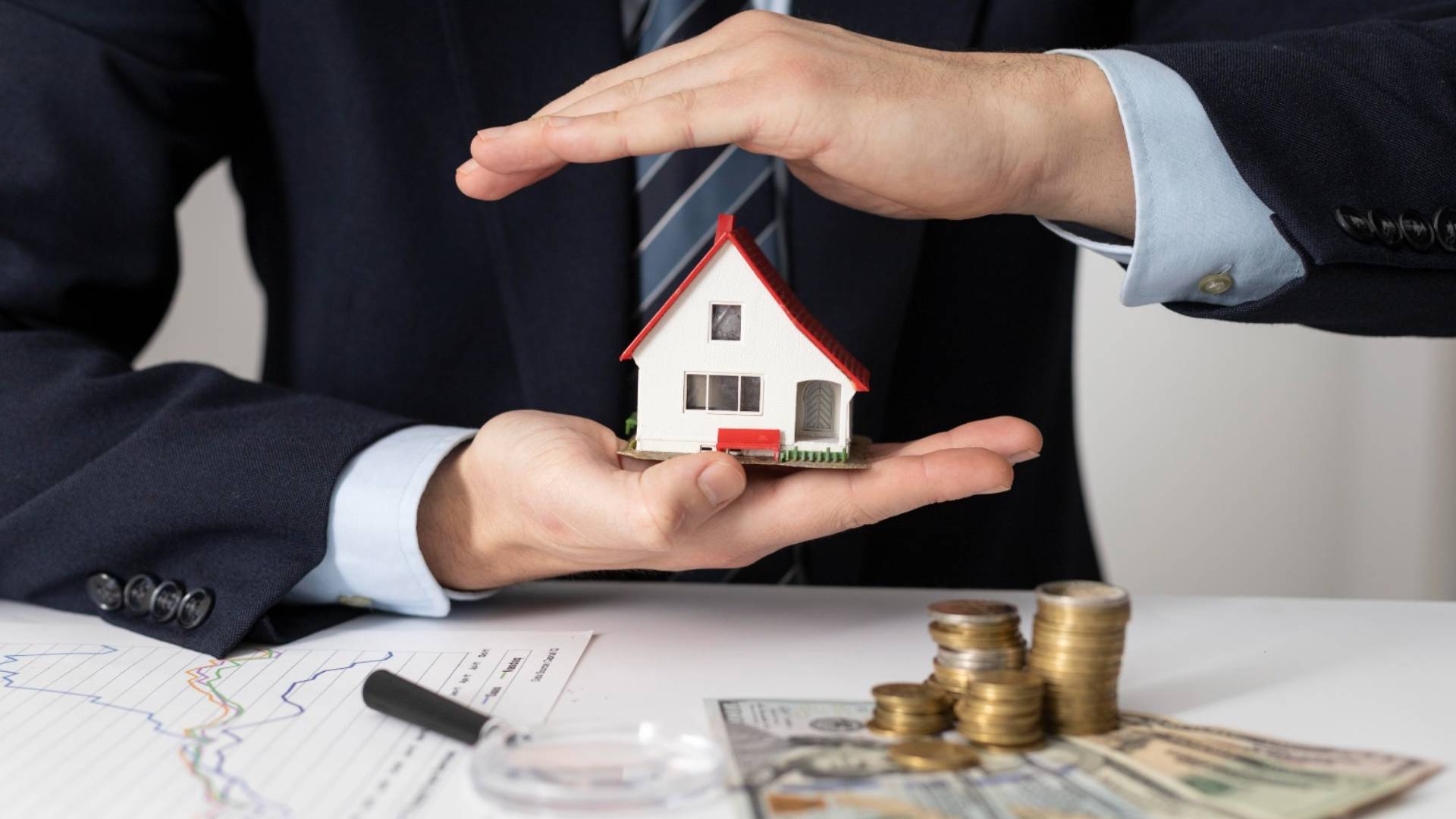The Function and Affect of Property Developers in Shaping Urban Landscapes
The Function and Affect of Property Developers in Shaping Urban Landscapes
Blog Article
In the bustling world of real estate, property developers are seen as the architects and visionaries of urban landscapes. They shape cities and skylines. With a blend of creativity, financial acumen, and strategic planning, these professionals are instrumental to transform vacant spaces into vibrant communities and old buildings into contemporary marvels. This article delves into the multifaceted realm of property developers, exploring the responsibilities they face, their challenges and their long-lasting impact on the surrounding environments.
In the heart of the work of a property developer is the idea of turning empty land or properties that are not being utilized into profitable assets. They analyze the trends of market and assess the requirements of their community and design projects that satisfy expectations and demands. This vision often involves collaboration with urban planners, architects and local government officials in order to make sure that the project is aligned with zoning regulations along with infrastructure, construction requirements, and environmental concerns. From high-end condominiums and mixed-use developments, property owners have the ability to conceptualize and carrying out projects that cater to a variety of demographics and tastes.
But, traversing the maze of land of real estate development has its own set of challenges. Instabilities in markets, hurdles to regulation as well as community resistance can cause even the best designed plans off track. A downturn in the economy can slow projects while changing consumer preferences demand regular adaptation. Developers must also strike a delicate balance between profitability and social responsibility, grappling to issues related to affordability sustainable, fair access to housing. When faced with such problems, successful builders demonstrate determination, creativity as well as a constant commitment to the vision they have.
Beyond bricks and mortar the role of property developers is in shaping the social fabric of and the vitality of their communities. With strategic investments in amenities, public spaces as well as infrastructure, they boost the liveability and attractiveness of areas. In fostering lively retail districts, recreational facilities, and the cultural sector, developers contribute in the local economy as well as provide job opportunities. In addition, sustainable development practices encourage environmental stewardship and are resilient to climate change, aligning with the larger societal objectives. Consequently, property developers wield an important influence when it comes to promoting sustainability and inclusive growth while and promoting a mutually beneficial link between community and development health. To obtain further information kindly visit https://akisama.com.my/
However, the work of property developers is not in a vacuum, given that their actions can often be viewed as damaging or disruptive to existing communities. In addition, displacement, or gentrification, problems with affordability are often encountered within rapidly developing communities, raising concerns about inclusiveness and equity in society. The argument is that development without a check prioritizes profit margins over the interests of long-term residents creating income inequalities and ethnic homogenization. The balance between the needs of different parties, such as residents, investment and policymakers is vital to address these challenges and foster sustainability in urban development.
The world of property development is not unaffected by controversy and controversies. Rapid urbanization, land scarcity, and regulatory hurdles pose major obstacles for development projects. Additionally, gentrification and displacement, and affordability issues raise issues regarding the social equity consequences of some development projects. The negative environmental effects of construction and promote sustainable construction practices as well as green building certifications. Additionally, economic downturns along with geopolitical and political uncertainties market volatility can affect project timelines and investment returns that highlight the inherent uncertainty of the real estate sector. Therefore, property developers need to traverse a maze of risk and opportunity at the same time balancing their profits with wider social and environmental concerns.